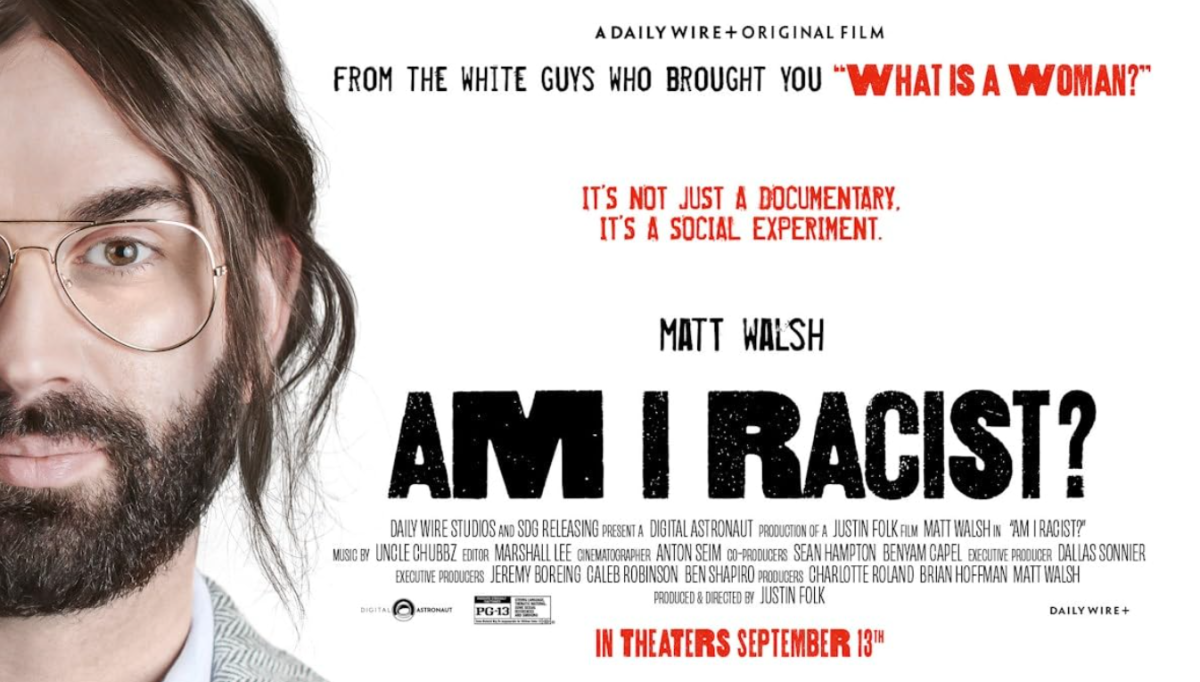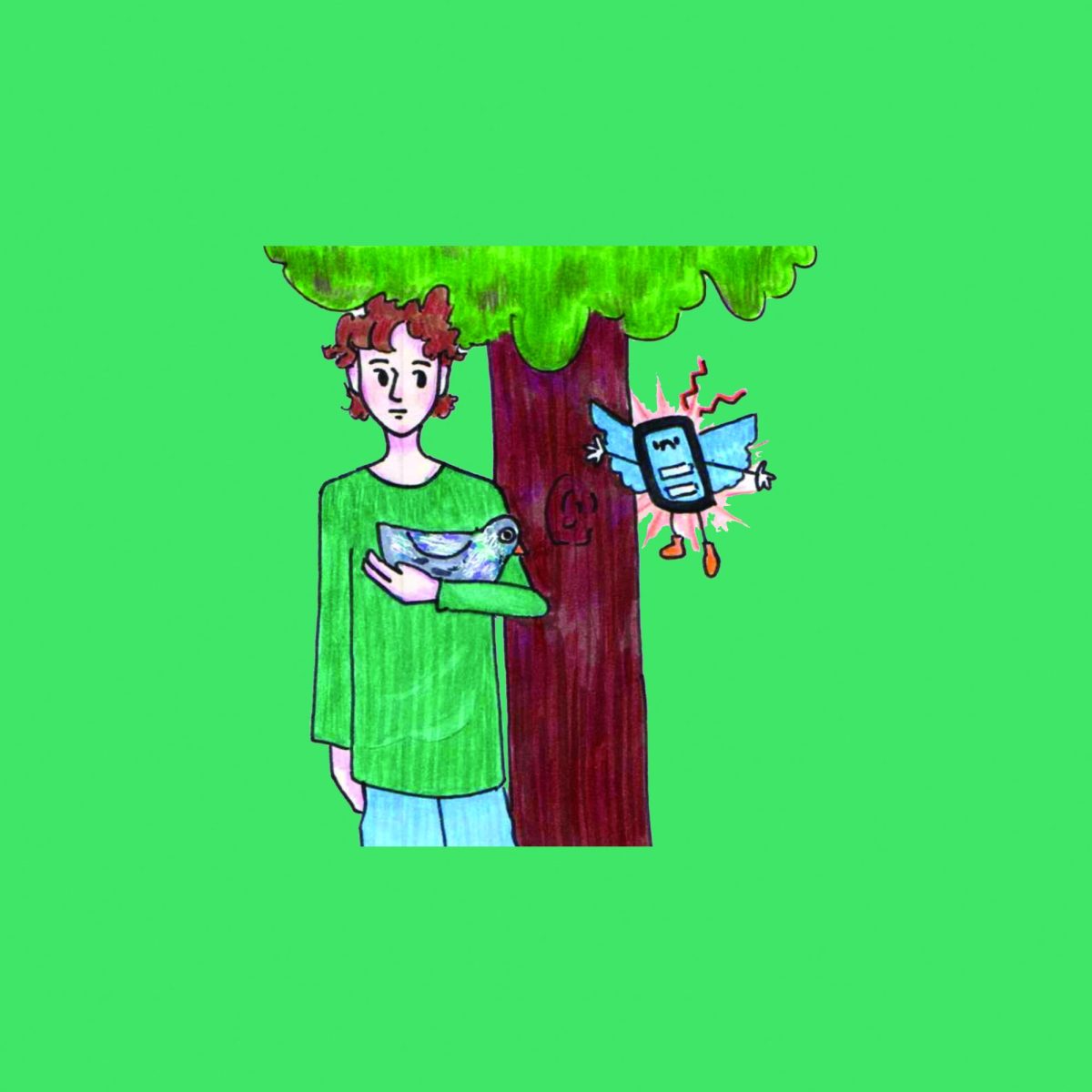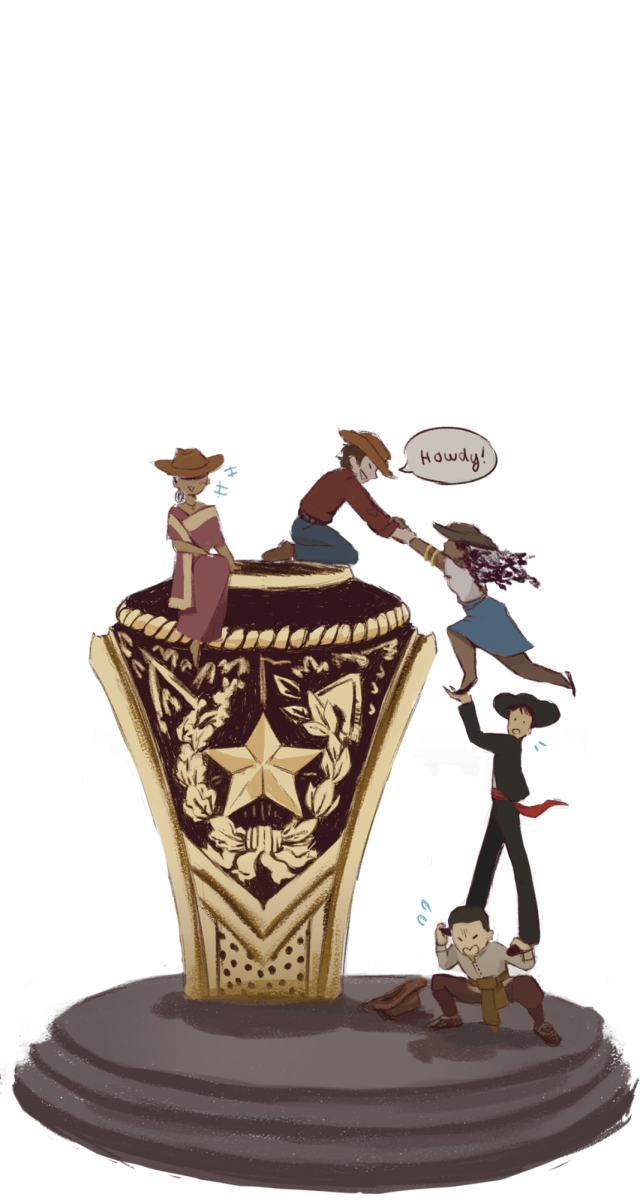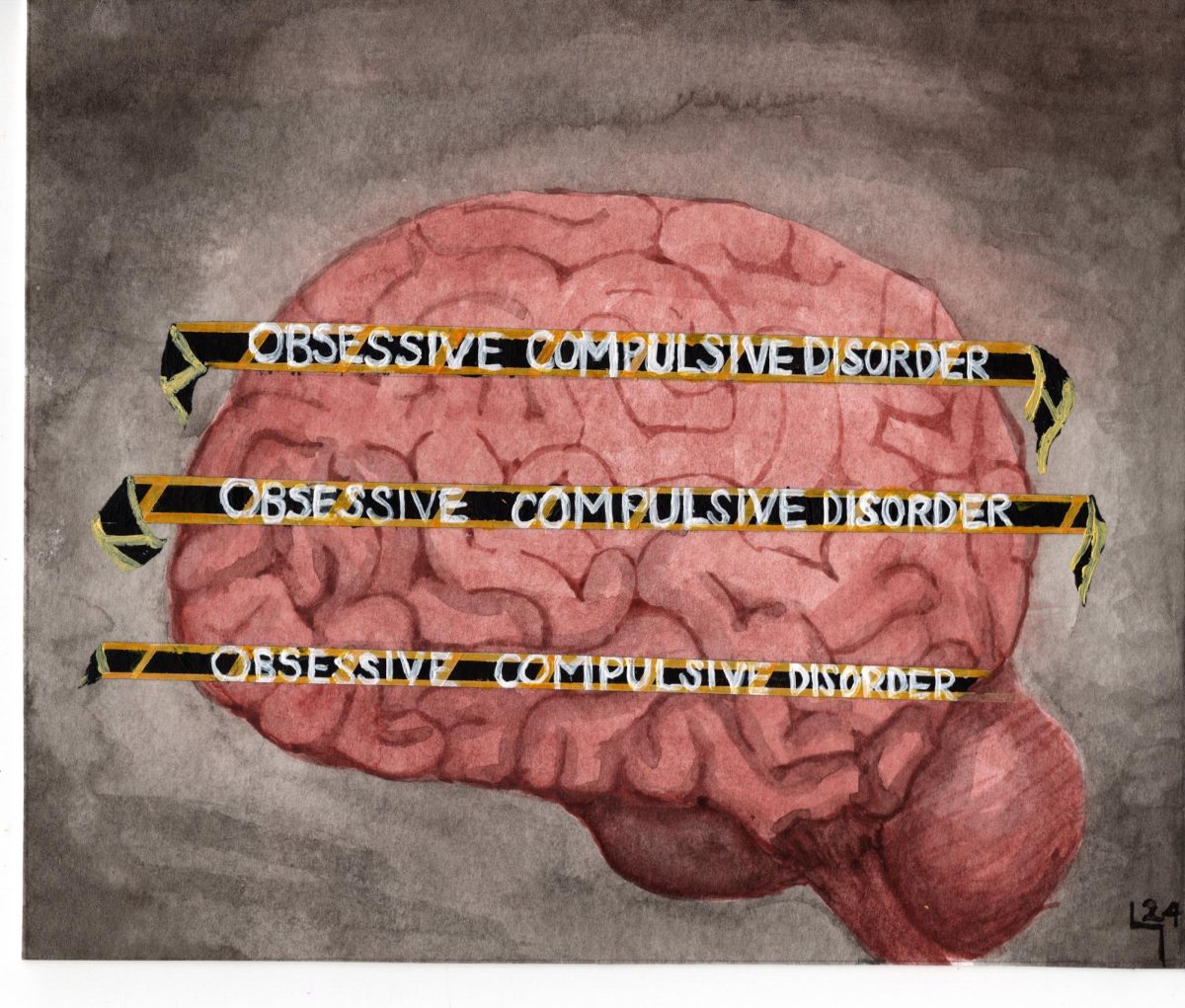I am not completely sure where to start with this one. So I guess I will make my point 100-percent clear from the beginning. Netflix sucks.
Netflix acquired Maïmouna Doucouré’s beautifully poignant, coming-of-age film “Cuties” after its widely successful premier at the 2020 Sundance Film Festival. I remember walking out of the “Cuties” screening at the cozy Egyptian Theatre and breathing in that cold, overwhelmingly fresh Utah air after speaking to Doucouré about her film. Doucouré, who mentioned she wrote the script based upon her childhood in Paris and had been pushing for this film’s production for a few years, remarked she was excited to share her work with American audiences. As I collected my thoughts and headed a few blocks down to get a drink, a deep horror soon began to fall over me as I noticed Netflix had purchased the American distribution rights. The viciously inept marketing team at Netflix always mishandles the release of their foreign festival acquisitions, so I naively thought this film wouldn’t really gain any traction with American audiences because Netflix always buries these films deep under their limitless original garbage. I could not have been more incorrect.
Netflix dropped a short trailer for the film on Aug. 18 accompanied by the now infamous poster. The poster and the general direction of the marketing certainly did not look anything like the film I had watched back in the Wasatch a few months prior. The internet (yes, quite literally everyone online) lost its mind. #CancelNetflix and #Cuties are still trending as the internet fell right into another QAnon conspiracy theory. Hundreds of thousands signed petitions for the film to be removed and their support grew so large that politicians began to notice and tweet out statements against the pedophile ring that supposedly runs Netflix. The Parents Television Control formally requested Netflix to remove the film and a Change.org petition garnered about 650,000 signatures. As with every misinformed, angry Twitter mob, Doucouré began to receive death threats back in Paris. To say it was a shitshow would be a gross understatement. People were so ignorant and uninformed that they genuinely did not understand this film was released by Netflix, not made by Netflix. This obviously did not stop the morons from calling for an investigation of Netflix’s corporate leadership. It wasn’t until a few weeks into the online firestorm that film critics who had seen the film began to have their voice heard. The film was widely praised by those of us who were there, but even the critics with large audiences couldn’t really convince the general public that this film was not pedo-bait by Netflix.
I have waited a few weeks to try and let this mess simmer down a bit before I jumped into the conversation. Admittedly, after a couple beers, I released my anger toward this whole situation on Twitter, which prompted blocks from people I have never met and bot accounts claiming the FBI would be checking my browser history. So, I’ll try and dissect exactly what set off this shitshow.
First and foremost, this film is the exact opposite of what the uninformed QAnon conspiracy theorists and their bandwagoners on the internet are claiming this film to be. Doucouré, who based the film off her experience growing up in Paris with strict Senagalese-Muslim parents, wanted to artistically explore a female coming-of-age story in a world connected by the internet. She asserts, very clearly if you watch the film, that this global, online culture pressures young women into seeking hypersexualization to gain acceptance from not only their peers, but those on the internet. The images and clips spread all over the internet take the film dangerously out of context, as they don’t have the necessary contextual gaze that these acts are a direct result of this dangerous phenomenon. Ironic isn’t it? Doucouré’s attempt to depict the struggles of women when they are sexualized at a young age gets overrun with people claiming she is sexualizing her young actors.
Obviously, there are certainly some glaring examples that many of the people in political or financial power are pedophiles. This culture trickles down and slowly seeps into the fabric of American culture. This is exactly what Doucouré is pointing out. The internet culture of the world is dominated by Americans, and this leads to dangerous repercussions across the world. If the blind bandwagoners would actually watch the film, Doucouré makes this abundantly clear. It is rare to see an emerging director show this amount of poise with a topic this delicate, but Doucouré proves she is more than capable.
So, what now?
Netflix has ruined the legacy of Doucouré’s film and these QAnon morons think they have more proof that Netflix is trying to control our minds by releasing films for the pedophiles that run the company. These claims are objectively incorrect. It’s not a matter of politics. This film is crucial to understanding how most Americans don’t even realize the influence they have over adolescence in their own country and globally. Watch this film and understand what Doucouré is desperately trying to convey.
Final note. Thank god the internet wasn’t around when Catherine Hardwicke’s “Thirteen” was released. Americans clearly have an issue with women telling stories of their youth.
How Netflix screwed over ‘Cuties’
October 1, 2020
Photo by Creative Commons
Netlif Film “Cuties” was released on the streaming platform on September 9.
0
Donate to The Battalion
Your donation will support the student journalists of Texas A&M University - College Station. Your contribution will allow us to purchase equipment and cover our annual website hosting costs.
More to Discover















